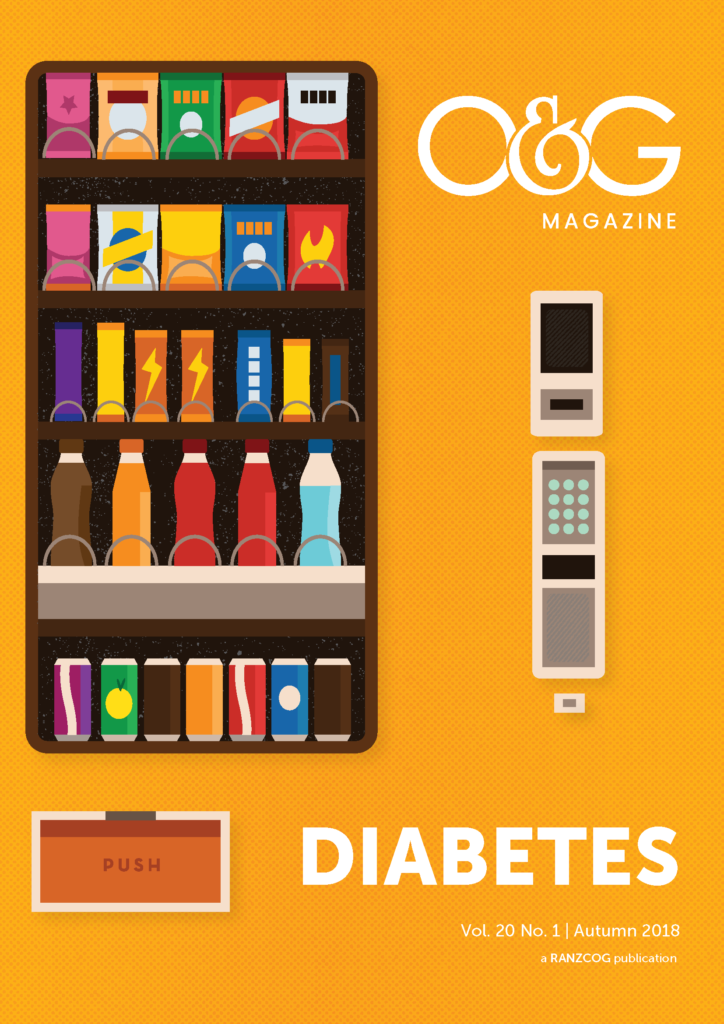Current RANZCOG guidelines suggest antenatal supplementation of vitamin D in pregnant women; either as part of antenatal multivitamins, or in higher doses if they are found to be vitamin D deficient.1 The guideline cites maternal vitamin D deficiency being associated with an increased incidence of neonatal hypocalcaemic seizures and impaired skeletal development.2 Interestingly, the World Health Organization guidelines for antenatal care advise against routine vitamin D supplementation in pregnancy.3 The present research published in BMJ again reviews the evidence for the effect of antenatal vitamin D supplementation on maternal, neonatal and infant outcomes.4 After initial searches identified 3810 possible articles, the researchers included 43 articles with over 8000 participants in their meta-analysis. The results of the analysis showed that prenatal vitamin D supplementation significantly increased maternal and cord vitamin D levels at delivery and reduced maternal hypocalcaemia, compared to control groups. The authors found that results on other maternal outcomes were widely variable, with the confidence intervals (CI) for measures such as pre-eclampsia, gestational diabetes, hypertension, stillbirth, preterm labour or birth, and caesarean section all including the null (risk ratio=1.0). For neonatal and infant outcomes, prenatal vitamin D increased mean birth weight by 58 grams (95% CI 19-99 grams), reduced the risk of SGA births (risk ratio 0.60, 95% CI 0.40 to 0.90) and reduced the risk of infant wheeze by three years of age (risk ratio 0.81, 95% CI 0.67 to 0.98).
The authors generally were not positive about the current state of research into prenatal vitamin D supplementation, concluding that ‘…most trials on prenatal vitamin D published by September 2017 were small and of low quality. The evidence to date seems insufficient to guide clinical or policy recommendations’. The authors noted that there are currently 35 registered trials of prenatal vitamin D either currently completed and unpublished, ongoing or planned, with over 12,000 participants. The results of these trials will potentially inform guideline development in this common clinical scenario.
References
- RANZCOG. C-Obs 25 Vitamin and mineral supplementation in pregnancy. 2015.
- RANZCOG. C-Obs 25 Vitamin and mineral supplementation in pregnancy. 2015.
- World Health Organization. Recommendations on antenatal care for a positive pregnancy experience. WHO, 2016. http://www.who.int/reproductivehealth/publications/maternal_perinatal_health/ anc-positive-pregnancy-experience/en/.
- Roth DE, Leung M, Mesfin E, Qamar H, Watterworth J, Papp E. Vitamin D supplementation during pregnancy: state of the evidence from systematic review of randomised trials. BMJ. 2017; 359 doi: https://doi.org/10.1136/bmj.j5237.






Leave a Reply